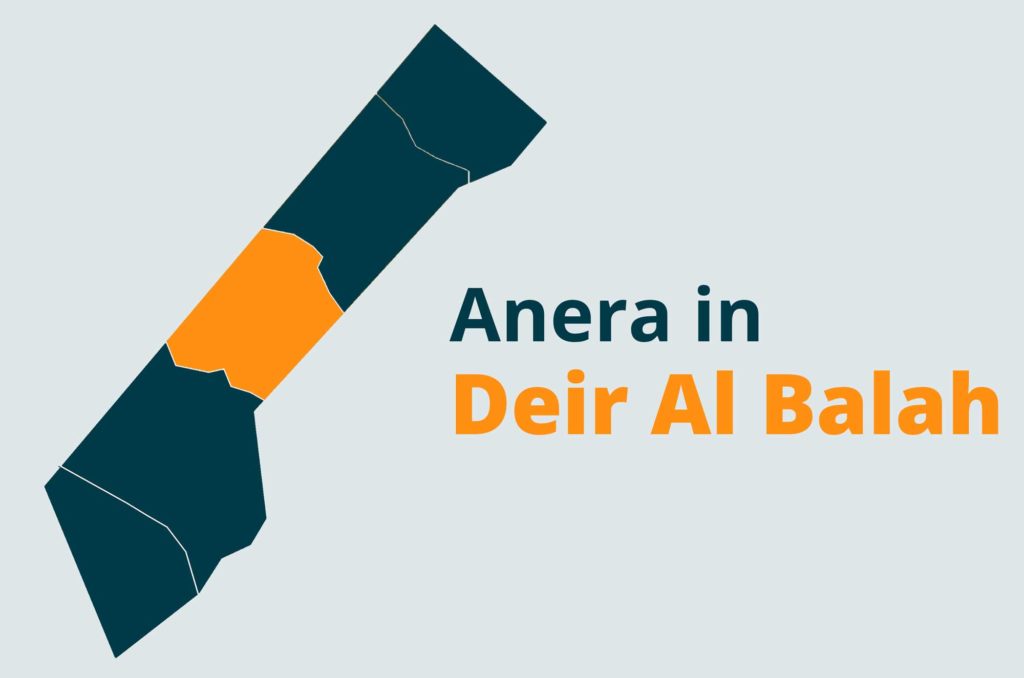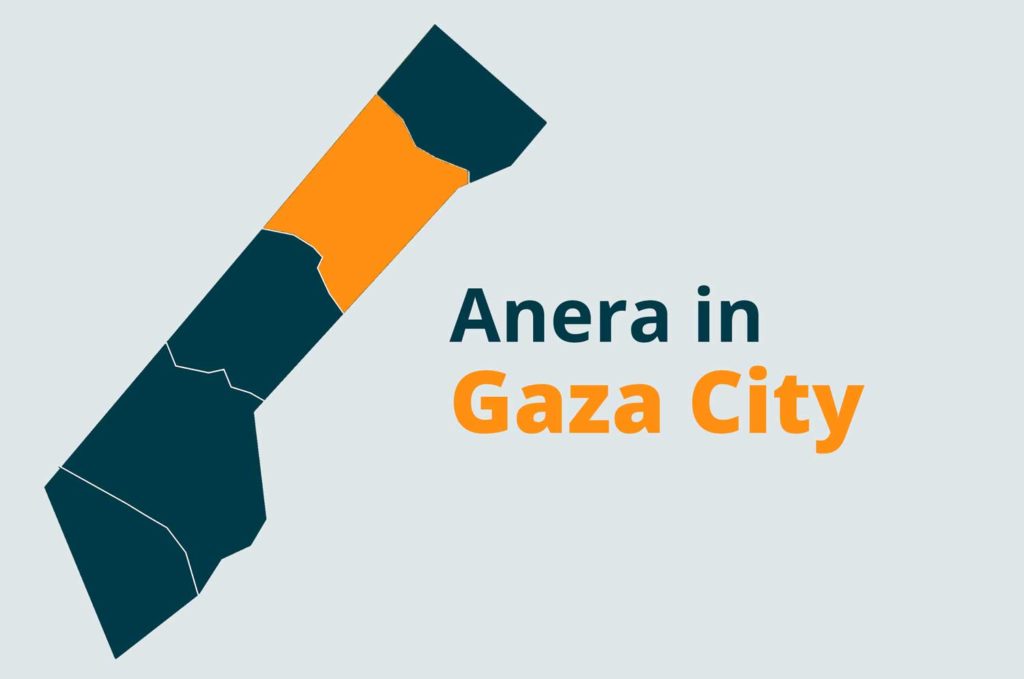Nov, 2010
Winter is approaching in Gaza but that doesn’t mean that farmers there are idle.
With help from Anera, 35 farmers are getting ready to launch their own home gardens.
The first step included five training sessions conducted by Anera. In the coming weeks the 23 men and 12 women in the project will receive the greenhouses, tools, seedlings, water tanks, fertilizers and irrigation system to achieve their goal. Throughout the training and implementation of the gardens, the focus is on best agricultural practices.
Trainer Mohammed Khader describes the term “home gardens”: “Home garden is an area of arable land surrounding a home, regardless of its size. It can be used for growing vegetables, fruit trees and ornamental plants and flowers or for raising animals such as sheep and poultry for the provision of animal protein.”
Anera initiated the Home Gardens Project in partnership with the Society of Palestinian Farmers in central Gaza. The program targets families living in remote and marginalized areas who meet certain conditions, such as families with children under the age of five or widows and women as heads of household.
Sayed El-Looh lives in Deir El Balah. He has been unemployed since 2004 but he does own a small piece of land surrounding his house that he can cultivate. “This training is very useful. I learned effective ways to compost. We can use the left-over plants to enrich the soil and mix it with water at a certain heat instead of burning them or throwing them away as we did in the past,” he said. “Nurturing the land like this in an organic way is healthy and safe.”
Noha Al-Azab decided to attend the sessions despite all the chores that take up most of her day. She says she will share the information with her neighbors and children, who will help build her home garden. “When I get the greenhouse, I will work hard to take care of my seedlings and make good use of my time. Instead of buying the high-priced vegetables from the market, I will be able to grow tomatoes, green peppers, and cucumbers. That will be a great savings for us,” she said. The mother of eight also plans to grow parsley to sell for added income. “The price of vegetables is very high,” she added. “So this will help ease our burden.”
“Solar Soil” sterilization is one of the new techniques farmers learned in the training classes. “We used to use methylbromide gas to fight pests and diseases. We thought it was quick and effective,” explained farmer Maher Abu Rikhia. “Now, I have learned about solar power and how to benefit from it by covering the soil with a layer of plastic for a certain period of time to sterilize the ground underneath.”
Anera expects the project to achieve food security for poor families in Gaza by helping them establish healthy organic home gardens. Abu Rikhia is eager to get started: “We will be able to eat what we produce with our own hands so we will know that it is healthy and safe.”


